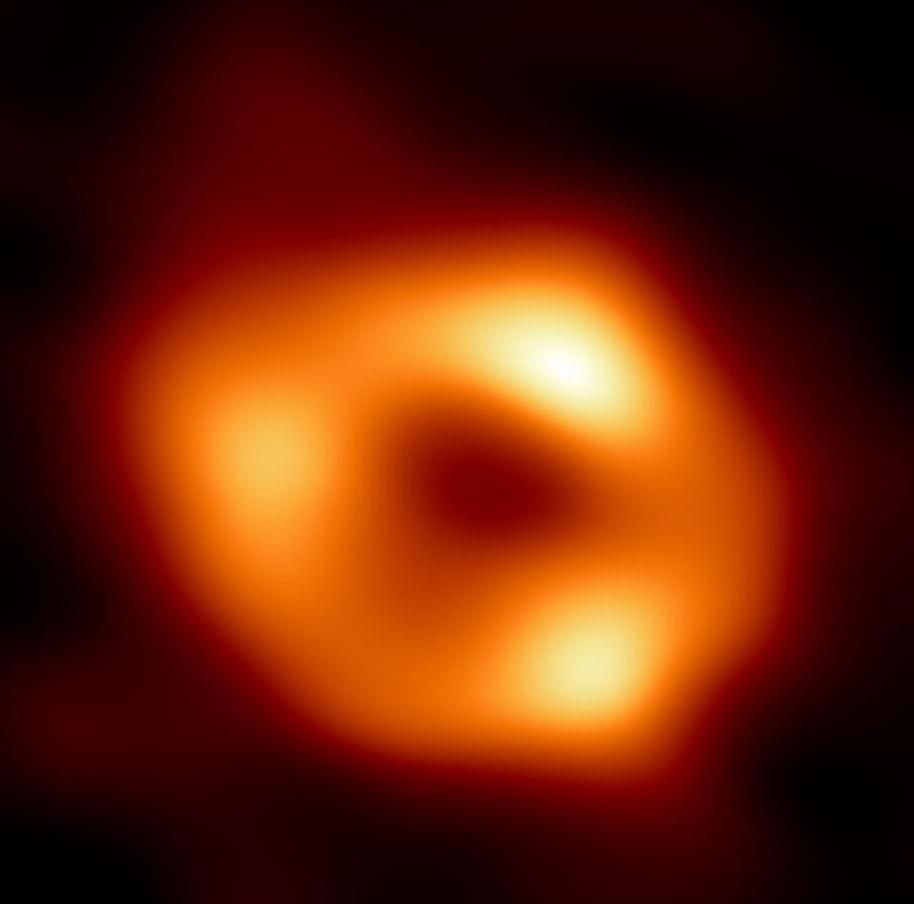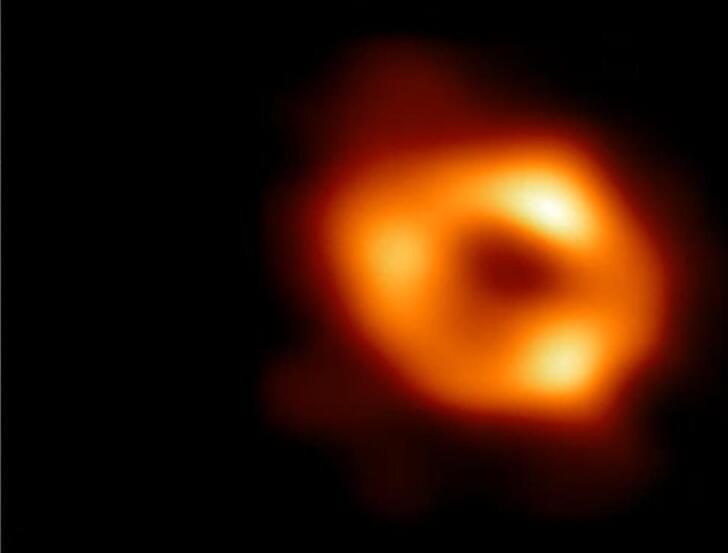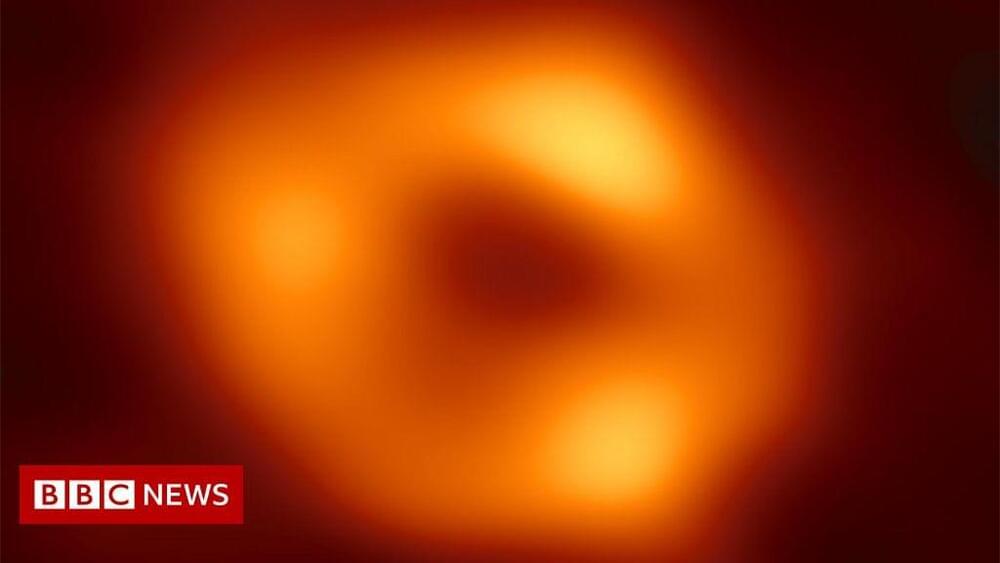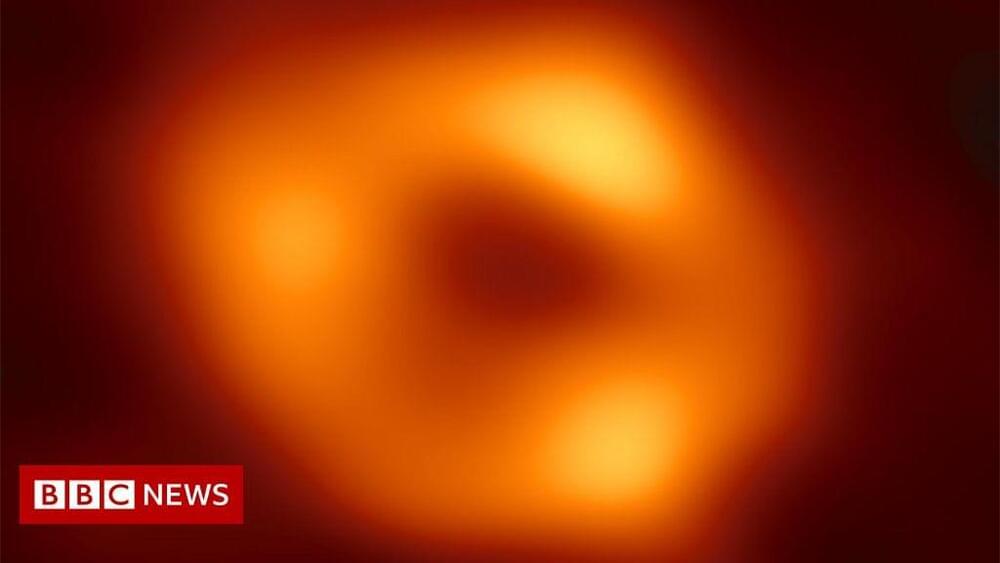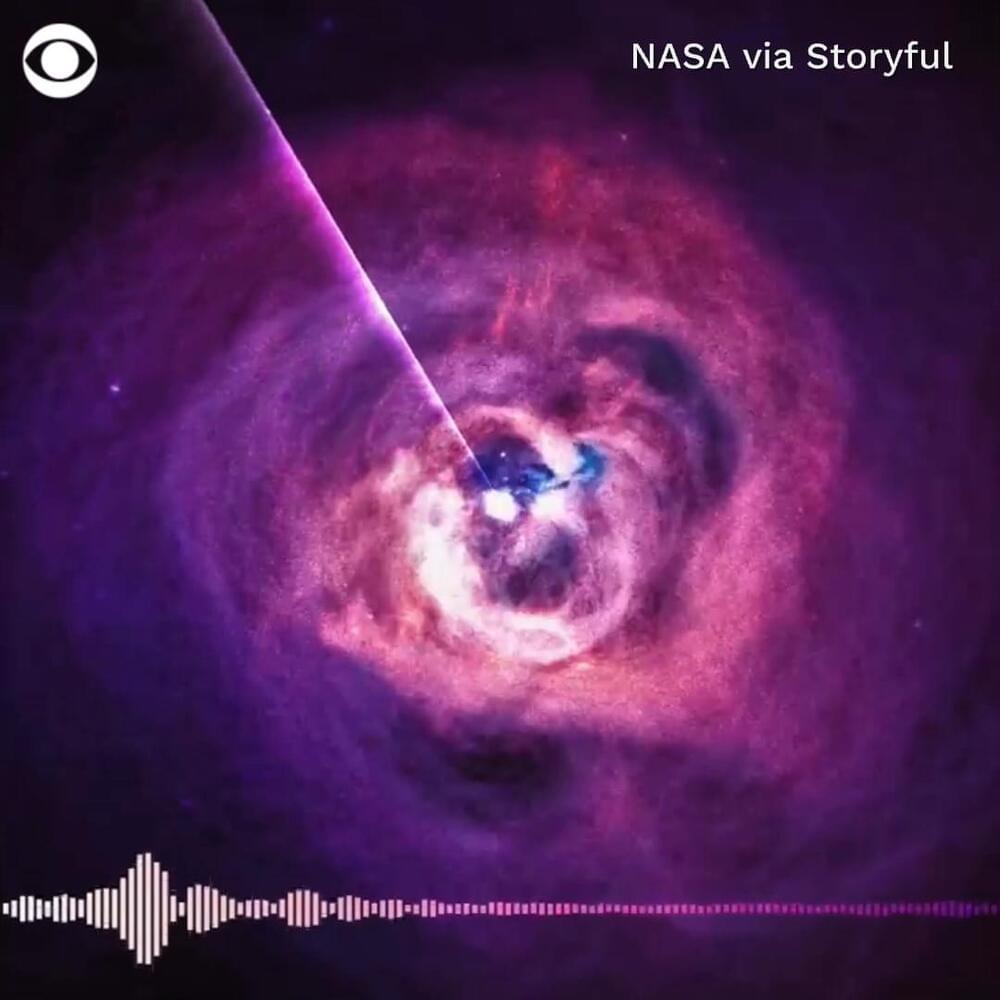There have appeared many new scientific discoveries since that time, and many of them shake the foundations of the famous theory. It’s full of gaps and unanswered questions. So doesn’t this mean it’s not that perfect?
In this video, I’ll tell you: how many dimensions can the Universe have? What if the world was made of liquid? And most importantly, you’ll find out why the Big Bang theory can be wrong.

